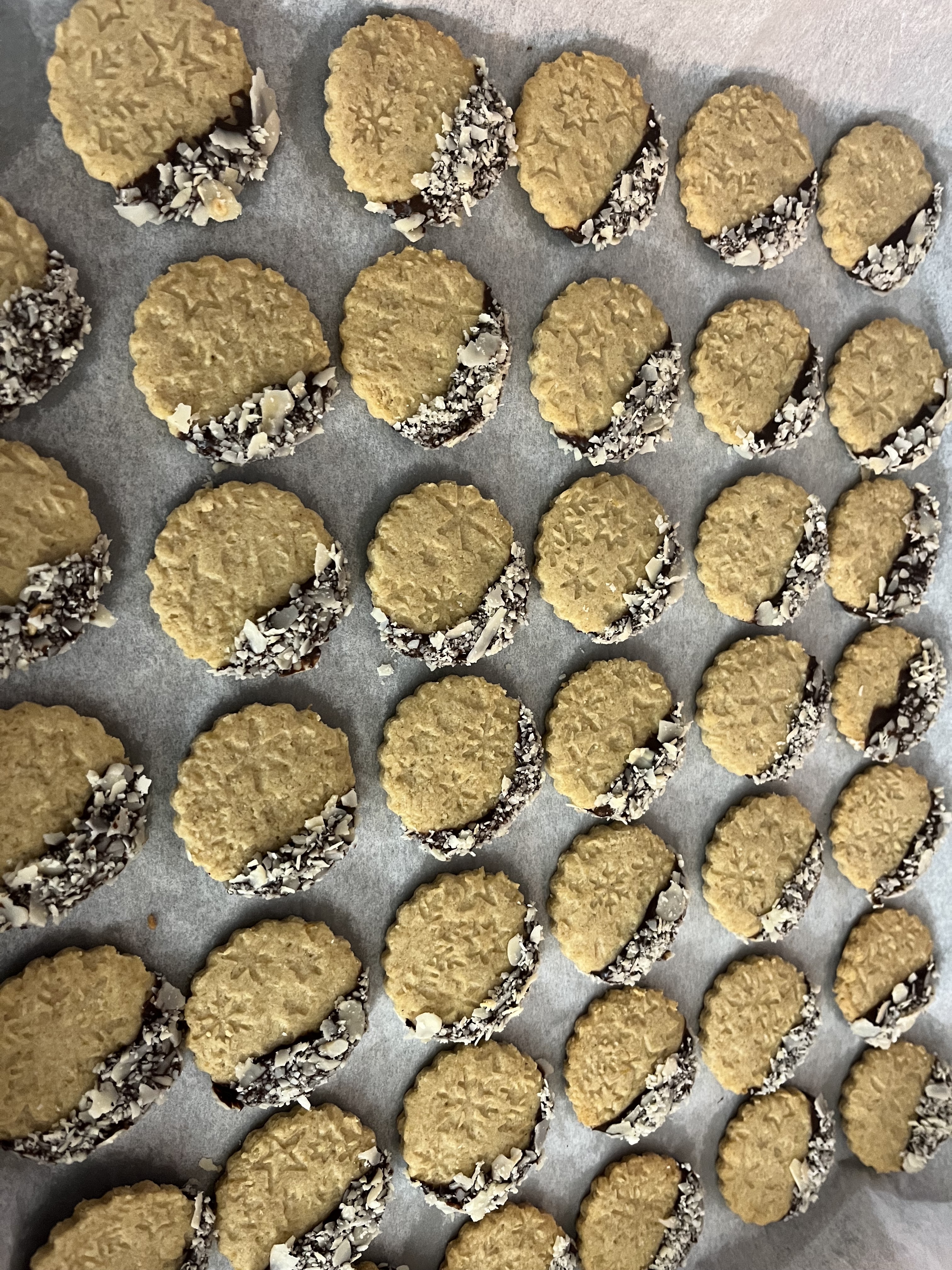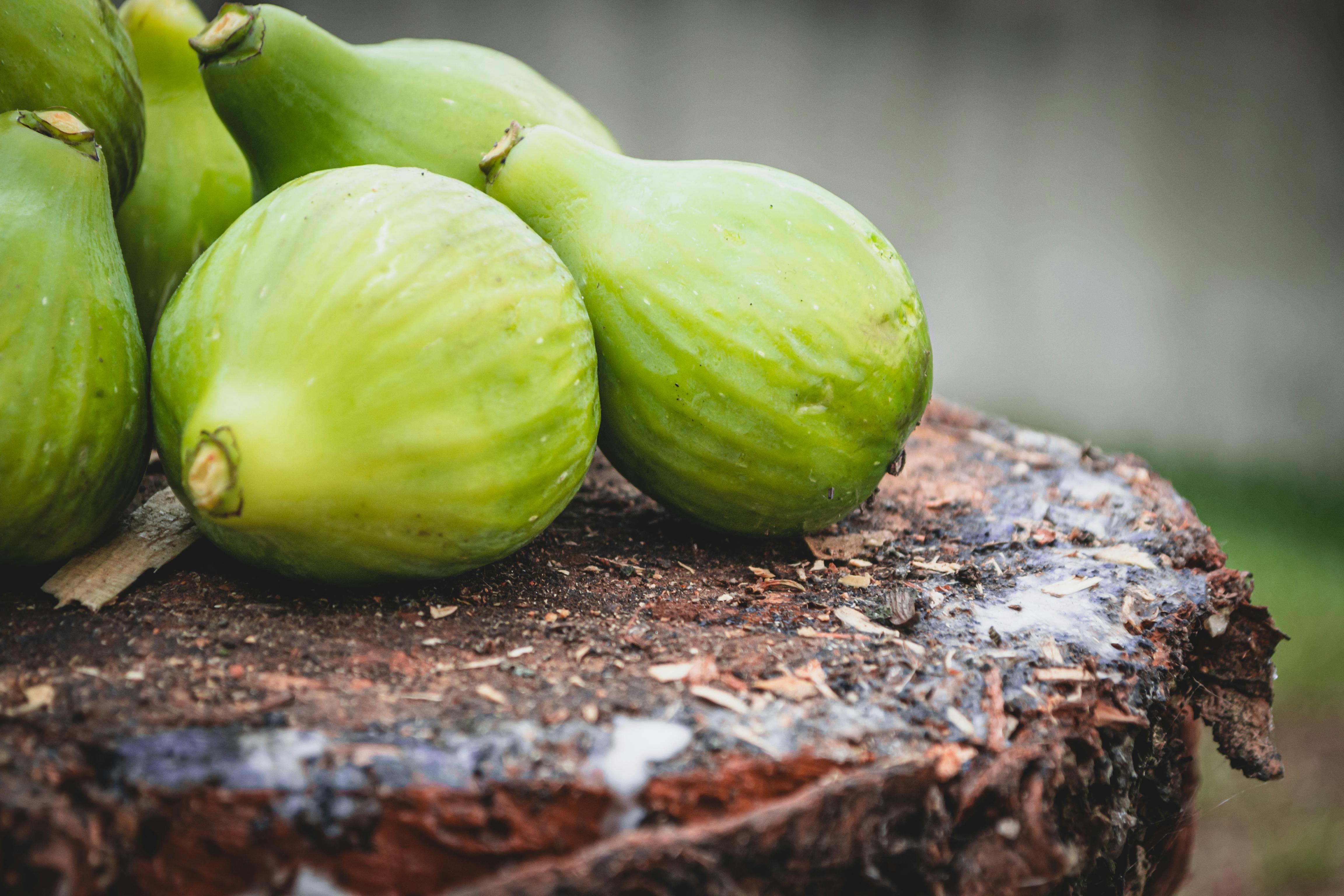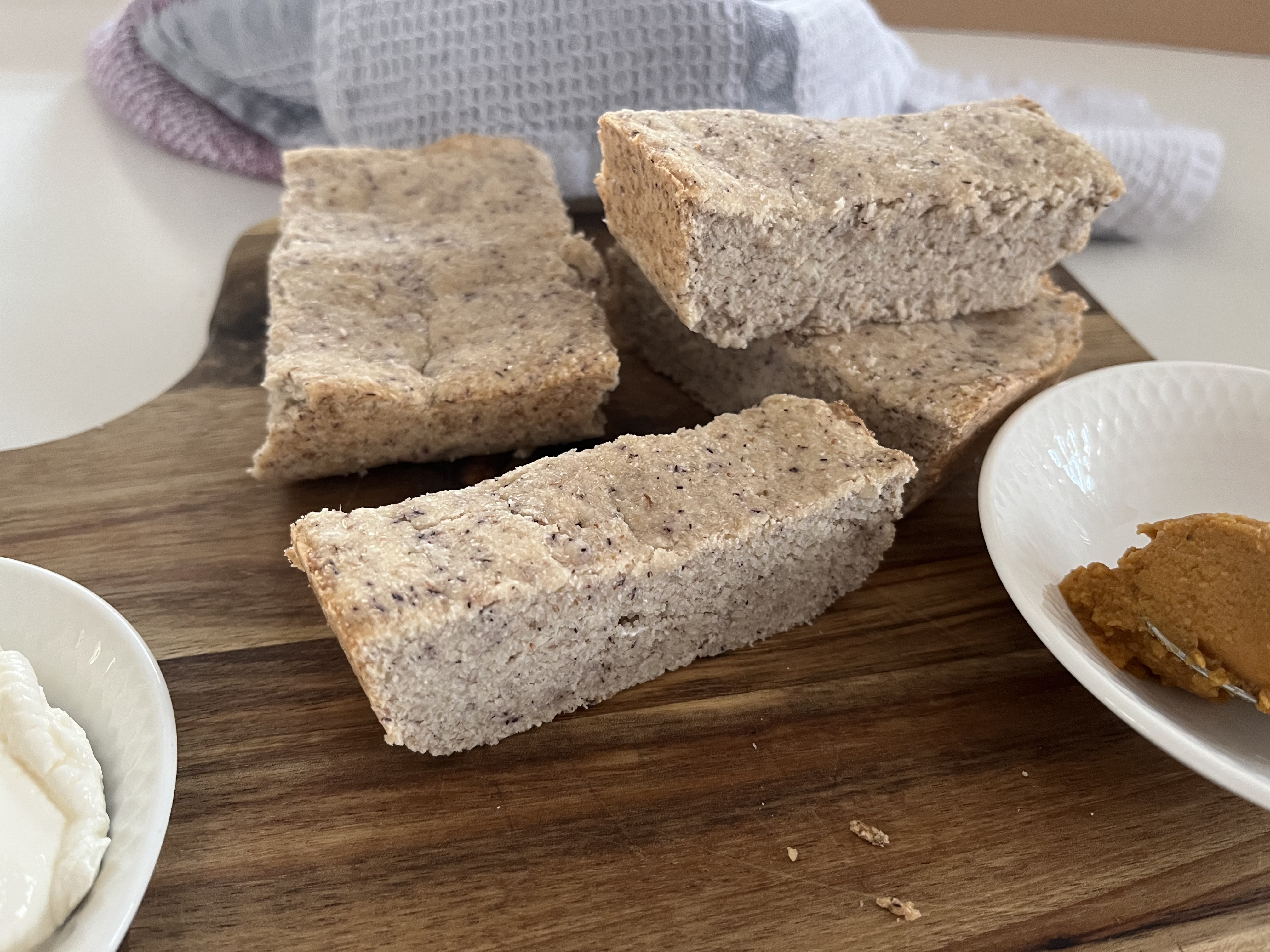 |
Nature’s Dessert Cookbook: Healthy, Delicious & Naturally Sweet Recipes Don’t want or can’t tolerate sugar alcohols and artificial sweeteners? This cookbook is for you! Every dessert is naturally sweetened with whole ingredients rich in fiber and protein, slowing sugar absorption and making them diabetic-friendly. It gathers your favorite recipes from the website—plus brand-new ones—all in one convenient place. Indulge in truly natural treats without compromise! |
 |
Diabetic Baked Goods: Everyday Bakes for Every Meal Diabetic cookbook designed to make healthy baking simple, accessible, and enjoyable. This collection of low-carb, high-fiber, and protein-rich recipes provides a reliable solution for those looking to enjoy diabetic bread and baked goods without blood sugar spikes. Every recipe includes a video tutorial, making it even easier to follow along and bake with confidence! |
 |
What Makes This Cookbook Different?
|
Sour Cream and Diabetes: Balancing Taste and Health in Desserts
Sour cream and diabetes can go together with a balanced approach, considering both its nutritional value and its potential effects on blood glucose levels.
Sour Cream: Nutritional Profile
Sour cream is relatively low in carbohydrates, which is a key factor in its favor for those watching blood sugar levels. In a two-tablespoon serving, sour cream contains approximately 1 gram of carbohydrates, making it a comparatively safe choice for diabetics when used sensibly.
The macronutrient profile of sour cream is primarily composed of fats, with each serving containing about 5 grams. These fats can slow the absorption of carbohydrates, potentially leading to a more stable blood sugar response after eating. This means that incorporating sour cream into a recipe may help in mitigating spikes in blood sugar levels, which is beneficial for both type 1 and type 2 diabetics.
While sour cream can be a useful ingredient in a diabetic-friendly diet, there are some considerations to be mindful of. The saturated fat content in sour cream can be a concern for heart health, so again moderation is key. As part of a balanced diet, it's important to monitor portion sizes and choose lighter to reduce fat intake.

Sour Cream and Diabetes From My Experience
Here’s my experience with using sour cream: a moderate amount, along with carefully selected ingredients, can help maintain stable blood sugar levels throughout the day and even at night. However, in larger quantities, sour cream tends to cause unwanted blood sugar fluctuations that require additional insulin doses.
Sour cream can enhance the texture and moisture of baked goods, making it an appealing choice for creating diabetic-friendly desserts that do not sacrifice taste or quality. It provides a richness that allows for the creation of satisfying sweets with less added sweetener or sugar, which is particularly important for those managing diabetes.
To gain the benefits of sour cream despite its fat content, I consistently choose options with lower fat1. There are lower-fat varieties of sour cream available, such as light or even fat-free options. These variants maintain the texture and acidity of regular sour cream but offer reduced calorie and fat content, making them another viable option when keeping a keen eye on dietary fat.
Even so, I often combine it with yogurt2, especially the thicker varieties. It’s essential to monitor individual responses; for my son, larger amounts of sour cream simply aren’t effective for managing blood sugar. From experience, I’ve found that a moderate amount of light butter is a better choice for his blood sugar control than sour cream.
In practical terms, this means I use up to 2 tablespoons of sour cream for around 400 grams of flour in various dessert recipes, supplementing the rest with yogurt. Furthermore, one of my more interesting discoveries are pancakes with sour cream. I use 1 tablespoon for some 20 small pancakes, in combination with low-fat milk or unsweetened almond milk. This combination works beautifully, offering a nice softness and enhancing flavor—a quality I’ll dive into further below.
Sour cream also carries probiotics, which are known to support gut health. Although not as potent as yogurts specifically cultured for high probiotic content, sour cream still offers some beneficial live cultures that can contribute to digestive well-being. Gut health plays a significant role in overall wellness, including blood sugar regulation. So, in this sense also, the combination of yogurt and cream is an advantage.
Sour Cream in Balanced Combinations

With careful selection of additional ingredients, you can enhance the diabetic-friendliness of your recipes. When incorporating sour cream into desserts, using it alongside whole grain flours or nuts can improve the nutritional profile of your treats. Whole grains and nuts provide fiber, protein, and healthy fats, which can further aid in blood sugar management. This creates balanced treats that are not only delicious but also thoughtful of a diabetic-friendly lifestyle.
For those willing to experiment, adding spices like cinnamon or nutmeg can complement sour cream’s tanginess beautifully in desserts, while also potentially contributing their own health benefits, such as anti-inflammatory properties and blood sugar regulation, adding layers of goodness to your culinary creations.
Enjoying Desserts While Managing Diabetes
It's also worth mentioning the psychological benefits of enjoying a well-crafted dessert. Finding joy in these small, but significant moments can lead to a more positive outlook on managing diabetes. It's comforting to know there are ways to indulge that don’t compromise health, fostering a positive relationship with food.
Navigating a diabetic-friendly diet involves understanding how individual ingredients interact within the body's metabolic processes. "Sour cream and diabetes" is a relationship that's largely favorable when considering its impact on blood sugar, but it requires balance and awareness to remain a beneficial addition to the diet.
It’s important to consult with healthcare providers when making dietary decisions, including incorporating sour cream into a diabetic diet. Tailoring dietary choices to individual health needs ensures each meal contributes positively to health and wellbeing.
Overall, with careful application, sour cream can enrich diabetic-friendly meals in a manner that is sympathetic and understanding to the dietary constraints faced by diabetics.
Balance is key. With the mindful preparation, sour cream can be an ally in crafting desserts that delight without compromising health. I hope my experiences empower you to explore its use with confidence and joy.







